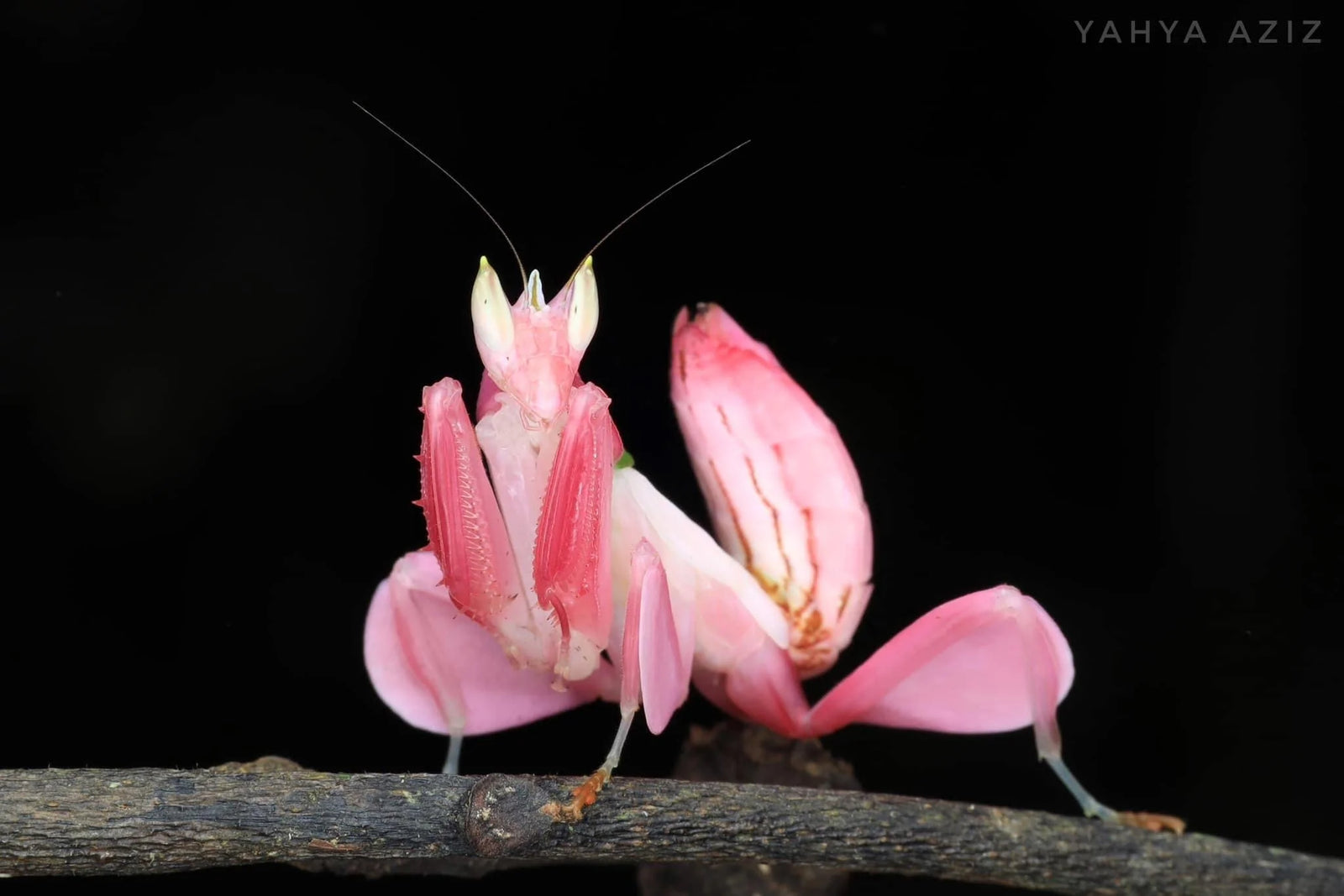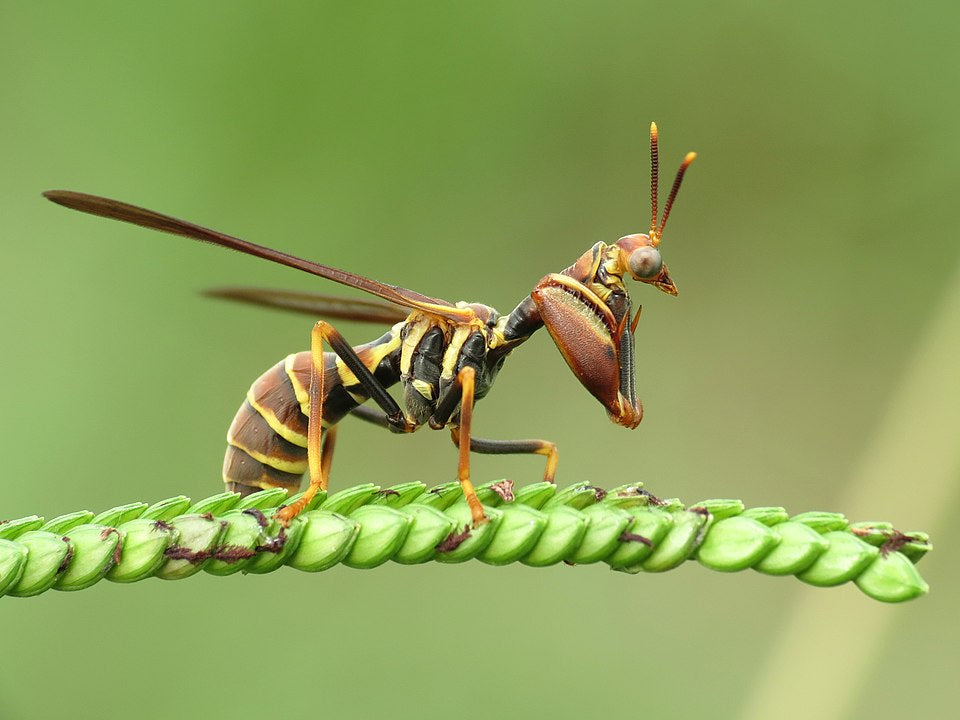Menú
-
- Hogar
- Contacto
- Buscar
-
Comercio
- Insectos vivos que se alimentan
-
Suministros
- Hábitats
- Comederos
- Comederos y suministros para la cría de microfauna
- Kits bioactivos
- Suministros bioactivos
- Contenedores
- Tazas de cultivo de insectos
- Tazas y tapas para cultivo de insectos
- Proyectos de aula
- Plantas de aire vivas bioactivas
- Sustratos
- Iluminación y Calefacción
- Jaulas, hábitats, cajas de insectos, viveros, insectarios
- Ladrar
- Suministros de envío, paquetes térmicos, paquetes fríos, contenedores.
- Bioactivo
- Plantas
- Galería Mantis
- Evaluaciones de Usmantis
- Mantis religiosa
- Mantis
- Ooteca de huevos de mantis religiosa para el control de plagas
- Suministros bioactivos
- Beneficial Insects
- Vídeos de ayuda
- Las 5 mejores mantis religiosas como mascotas,
- Blog
-
Comprar por familia
- Mantis religiosa
- Hojas de cuidado
- Orden de pista
- Live Feeder Insects
- Wholesale prices for bulk orders
- FAQ
- Galleries of Mantis Videos
-
- Hogar
- Buscar
- Sobre nosotros
- Envío
- Refund Policy
- Seguimiento de pedidos
- Contáctenos
- Blog
- Beneficial Insects
- Mapa del sitio
- Reseñas
-
Recursos de producción cinematográfica.
- Wholesale
- FAQ
- Entrar
-
Español

Invasive claims and irresponsible advice
abril 13, 2024 2 lectura mínima
I am a fan of your organizations and have follow many biological and ecological studies. My reason for writing this article is concerning the misinformation information on how the Tenodera sinensis “Chinese mantis” and the European mantis mantis religioso as an indiscriminate predator consuming beneficial pollinators and Ooths should be destroyed when found.
I know you understand ecological balance and the deeper nature that controls an ecosystem.
I would like to say how Chinese and European praying mantis are no longer and haven’t been “invasive “ insects for quite some time. They have been now in our country and part of our ecosystem for more than a century. Now classified as “naturalized “ and considered beneficial in keeping our environment healthy and balanced. And instructing others to destroy the eggs (Ooths) when found is not only bad advice but only changes one small temporary effect on that local environment quite likely to cause a significant increase of that species population of mantids to flourish and boom in the coming seasons. There are proven factors which can determine this cause and why they will then flourish.
In your articles it’s said that eliminating them also will benefit with the Carolina mantis (Stagmomantis Carolina) who” aren’t able to compete with these larger species.”
I feel it necessary to point out how narrow minded and frivolous these claims are. While even mentioning and demonizing as indiscriminate predators even known to eat hummingbirds as we’ve all seen the viral video tugging on the hearts of people with visually brutal scenes.
Not let’s get it right.
1-destroying mantis eggs doesn’t help as well likely will increase their population in coming seasons. Along with an abundance of prey that they thrive on, not necessarily the ones you prefer like monarchs and the “pretty” pollinators you desire. Stink bugs, red lantern bugs, ticks and locusts and others will prevail.
2- One ootheca of T sinensis Chinese species can hatch 300 nymphs. Providing nutrition for wildlife such as birds, fish, and even small reptiles and mammals (hummingbirds love to eat the nymphs btw as they need protein in a small size like these and white flies or gnats)
3-the concept of advising your readers about disturbing an ecosystem by destroying ootheca is ludicrous. First of all cutting them open doesn’t prevent them from hatching it just reduces the hatch, putting them in water doesn’t kill them they are waterproof and will still hatch.
Most importantly, what’s the point of the discussion on your website and blogs about this. Seems like it’s another thing that dims the light on real ecological issues and misinformation in the guise of scientific knowledge. Likening to the idea that the pandemic was a deliberate cause started in the Chinese fish market and spread by bats.
Kindly accept my request for your information to be updated with mindful consideration.
Dejar un comentario
Los comentarios se aprobarán antes de mostrarse.
Ver artículo completo

orchid mantis evolutionary research
junio 06, 2025 2 lectura mínima
The orchid mantis (Hymenopus coronatus) transitions from black-and-red to pink-white coloration during development, a shift driven by the Redboy pigment transporter. This transition serves different ecological functions: red coloration helps hatchlings mimic stink bugs for predator avoidance, while the pink-white coloration of older nymphs provides floral camouflage for both predator avoidance and prey attraction. The Redboy transporter, upregulated by ecdysone, facilitates this shift by exporting red pigments in early stages and importing white pigments in later stages.
Evolutionary Basis:
Redboy's Role:
The Redboy transporter, a novel ABCG transporter, arose by gene family expansion and positive selection, specifically to handle the transition from red to white coloration, according to research on Nature.
Hormonal Regulation:
The hormone ecdysone regulates Redboy, ensuring the pigment transition happens at the appropriate developmental stage, according to research on ResearchGate.
Genetic Adaptation:
The evolutionary changes in Redboy have allowed orchid mantises to adapt their body color to different life stages and ecological niches.
Ecological Functions:
Aposematic Mimicry (Hatchlings):
The initial black-and-red coloration serves as a warning signal, mimicking the appearance of stink bugs, which are known to be distasteful or toxic to predators.
Camouflage (Older Nymphs):
The pink-white coloration provides floral camouflage, helping the mantis blend in with flowers and avoid detection by predators.
Prey Attraction:
The flower-like appearance also attracts unsuspecting prey, such as small insects, to their location, enhancing the mantis's hunting success.
In summary, the orchid mantis's body color transition is a fascinating example of ontogenetic camouflage and adaptive evolution, where the color changes throughout the mantis's life serve distinct ecological roles in where the color changes throughout the mantis's life serve distinct ecological roles in predator avoidance and prey attraction.
Ver artículo completo

Mantis fly Mantispidae, very special insect
octubre 15, 2024 3 lectura mínima
Mantispidae, they don’t sting! 

Artículos recientes
-
orchid mantis evolutionary research
junio 06, 2025
-
New Yorker article 1955 Mantis Man
marzo 09, 2025
-
Mantis fly Mantispidae, very special insect
octubre 15, 2024
-
Do insects have feelings? Love or Hate? What’s your opinion
septiembre 09, 2024
-
How Praying Mantises Hear: One ear
julio 19, 2024
-
Identifying Domestic species
julio 19, 2024
-
Invasive claims and irresponsible advice
abril 13, 2024
-
Is it time for insect researchers to consider their subjects’ welfare?
abril 08, 2024
-
My Awesome Summer by P. Mantis Children’s book
abril 07, 2024
-
Toxodera
abril 06, 2024
Categorías
- animal husbandry
- best feeders
- best mantis for pest control
- breeding praying mantis
- buy praying mantis
- Cannabis
- crickets
- discussion
- dormitory pet
- Drosophila
- education
- egg
- entomology
- fertility
- flightless fruit flies
- Flower mantis
- Friendly Bugs For Cannabis
- fruit fly culture
- geometric morphometrics
- Ghost mantis
- happy experience with pets
- Hydei
- Hymenopodidae
- Hymenopus coronatus
- invasive
- keeping insects alive
- Lucky mantis
- Major League baseball Perez Kisses Lucky Mantis!
- make money
- mantis for dummies
- mantis ooth
- Mantodea
- melanogaster
- mimicry
- mismolt
- new species
- ooth
- ooth care
- ootheca
- P paradoxa
- pest
- Pest control
- pet nutrition
- praying mantis
- praying mantis care
- praying mantis for sale
- reptile feeders
- School project
- scientific research
- Sexing praying mantis
- Shipping
- signalling
- stem
- stenophylla
- Store news
- stress from shipping
- usmantis
- we buy mantis
Menu Title
Esta secção não inclui de momento qualquer conteúdo. Adicione conteúdo a esta secção através da barra lateral.
Subscribe
Sign up to get the latest on sales, new releases and more …
Invalid Password
Enter